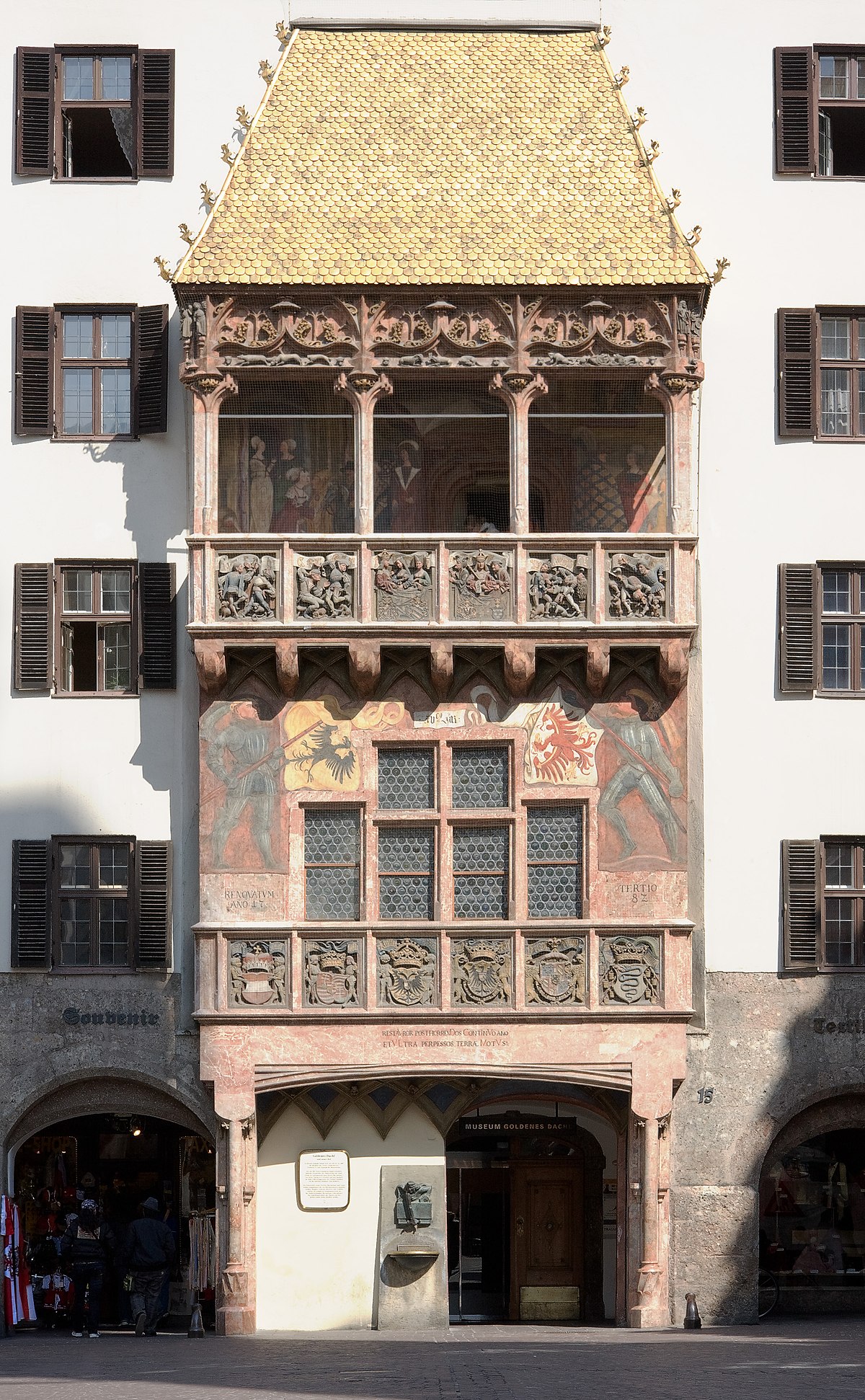The German language in Austria and the world
The German language worldwide:
Globally 90-100 million people have german as a mother-tongue, if you include people who speak German as a second or foreign language, with 10-25 and 75-100 million speakers respectively, the number of German speakers worldwide jumps up to around 175-225 million people.
German is the most common mother tongue in the European Union followed by Italian and French.36% of people in the EU can supposedly speak German compared to English's 43%, of which after Feb 2020 only 1% of the EU population can speak as a mother-tongue.
It is about the 12th most spoken language in the world.
Official German-speaking countries:
9 different countries have German as an official language or minority language. These countries are:Germany (shockingly!), Austria, Switzerland, Belgium, Luxembourg, Italy (Südtirol), Poland, Lichtenstein and Namibia.
87% of all German speakers come from Germany.
Types of German
The German language can be split up into 4 different categories(+Swiss German / Schwyzerdütsch). These categories are High German (Hochdeutsch), Standard German (Standardsprache), Colloquial German (Umgangssprache) and dialects (Dialekt).
Hochdeutsch is typically a formal variant of german that you might find in old literature like Geothe, it is similar to the concept of Old English.
Standardsprache is the variant of german which has been standardized across all German-speaking regions and nations. It is meant to be understandable by all no matter where you come from, it also the type of german that will be thought to german as a foreign language learners. It is used in most media, educational and professional environments.
Umgangssprache is a much less formal variant of German, its the type of language you might speak with your friends and family or members of your social group. In English, it would be the difference
between saying "excuse me" to someone you don't know on a personal basis vs saying "oi mate!" to a friend
 Dialekte are variants of German that differ from region to region, to the point where a person speaking in dialect may not be understood by someone who is fluent in german from a different part of Germany (on the left is a map showing the different words for potato depending on where in Germany the speaker is from). Above is a very generalised map to show the most common different German dialects.
Dialekte are variants of German that differ from region to region, to the point where a person speaking in dialect may not be understood by someone who is fluent in german from a different part of Germany (on the left is a map showing the different words for potato depending on where in Germany the speaker is from). Above is a very generalised map to show the most common different German dialects.The "Austrian" dialect is most similar to the German spoken in the Bavarian region of Germany. But saying that there is an Austrian dialect isn't really accurate because like Germany people from different parts of Austria speak differently. Tirolerisch (tyrolean dialect) is very different from vorarlbergisch (dialekt of Voralberg)
Schwyzerdütsch is a special case of german, it is the German that is spoken in the German-speaking parts of Switzerland. It isn't just another dialect though, it is a distinct variant of German because it is codified with written grammar rules and is used in the media and for official statements unlike a normal dialect which is normally only spoken and certainly not used outside of an informal situation. Some Swiss people have even been known to say that they would rather speak English or French rather than Standarddeutsch. Many German have difficulties to the point of not even comprehending what is being said when it comes to Swiss German.



No comments:
Post a Comment